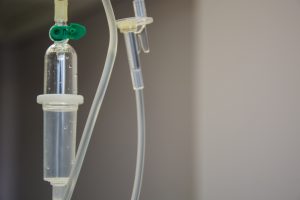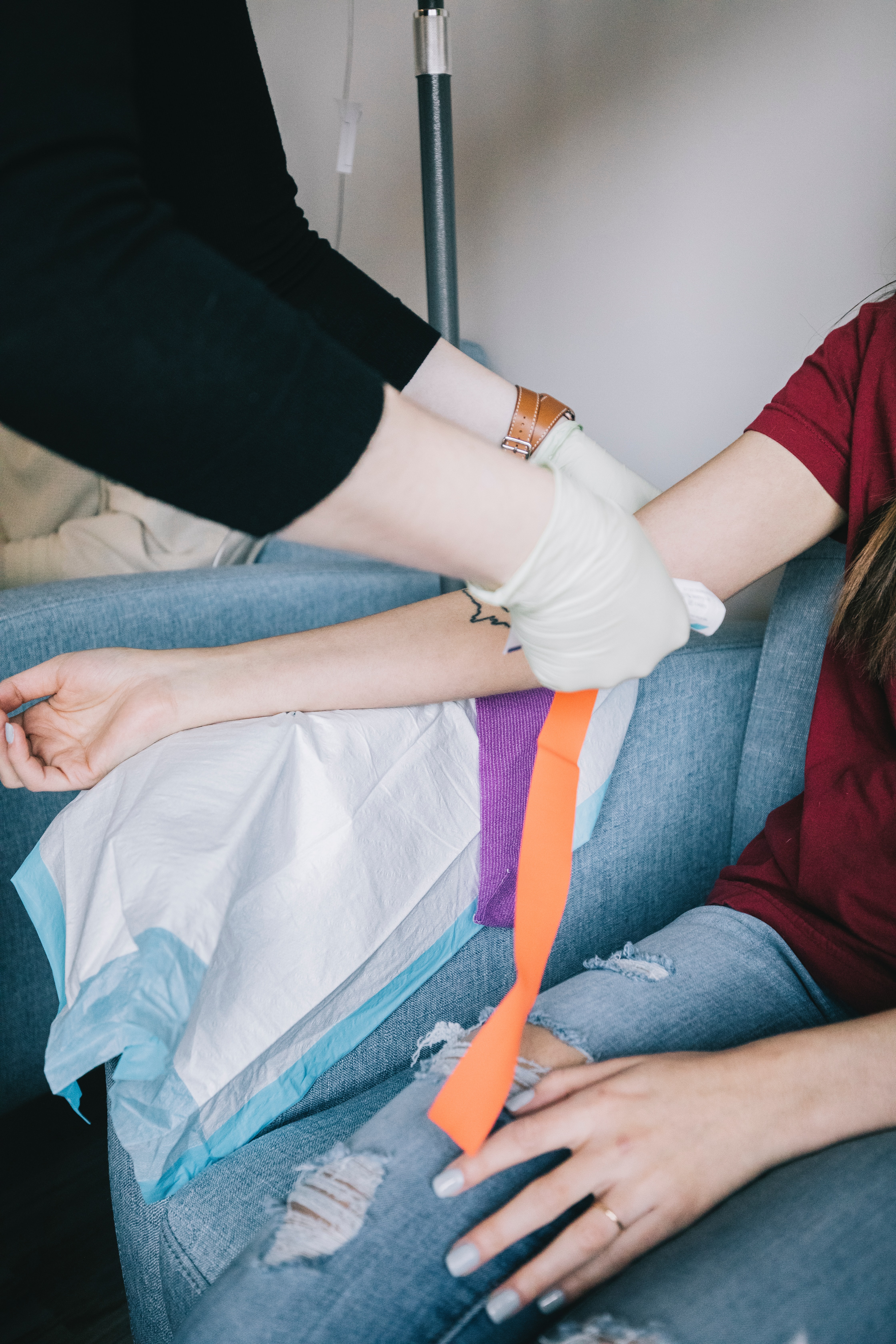Medication-assisted treatment should be widely used for opioid addiction, researchers state.
In a new study, investigators found that patients with opioid use disorder (OUD) treated with an anti-opioid drug such as opioid agonists, methadone, or buprenorphine had an 80% lower risk of dying from an overdose compared to those without treatment. However, the authors also noted many addiction programs don’t offer these medications as part of a standard OUD treatment protocol.
“We know from national studies that in specialty treatment only about 40% of people get some kind of medication treatment. It’s a huge problem and there are multiple barriers to accessing medication treatment,” lead investigator Noa Krawczyk, PhD, and member of the Center for Opioid Epidemiology and Policy, Department of Population Health at NYU Langone Health said, adding, “This study really highlights what a difference we could make in the population if we were to close the gap in terms of how many people are receiving medication.”

The longitudinal retrospective study analyzed 48,000 patients receiving a treatment protocol for OUD in publicly funded outpatient specialty treatment programs in Maryland during the two-year span from 2015 and 2016. These data were linked to mortality data from Maryland’s Office of the Chief Medical Examiner.
“In all, 72% of patients in treatment received medication during the study period, while 28% did not,” the investigators said, reporting, “During the study period, there were 371 opioid overdose deaths. Periods when patients were in medication treatment were associated with substantially reduced risk of opioid overdose death compared with periods in nonmedication treatment (adjusted hazard ratio [aHR], 0.18; 95% CI, 0.08 – 0.40).” Researchers added, “However, the risk of overdose death was substantially increased after treatment ended in both those who had been on medication (aHR, 5.85; 95% CI, 3.10 – 11.02) and those who had been receiving nonmedication treatment (aHR, 5.45; 95% CI, 2.80 – 9.53).”
“Once people were no longer in treatment, their risk of overdose went up substantially for both groups, whether they had been receiving medication or not,” said Krawczyk of the protocol. “Getting people in the door and started on medication treatment is a great first step, but retention in treatment is equally important. Because of this, we need to remove barriers to continuation of care, adopt more harm reduction approaches, and employ better strategies to encourage and enable people to stay in treatment.”
Marc Larochelle, MD, MPH, a primary care physician specializing in addiction at Boston Medical Center, Massachusetts, said, “The findings add to the overwhelming evidence that medications for OUD reduce opioid overdose death.” Larochelle added, “Perhaps, not surprisingly, the benefit was only seen during periods of active treatment. In addition to getting more individuals access to start medication, much work needs to be done to keep them on medication once started…While acceptance and access to medication for OUD is increasing, there are still many who believe they should be used only as a bridge or short-term treatment…We know that OUD is a chronic, relapsing condition, and long-term use of these medications is effective. We need to ensure that our policies and healthcare delivery system change to improve access to these medications for all who need them and for as long as they need them, without limit.”
Sources:
Medication-assisted treatment could be a game changer for drug addiction
New Data Strongly Support Opioid Agonists for Addiction


Join the conversation!